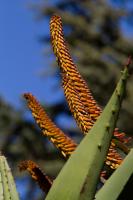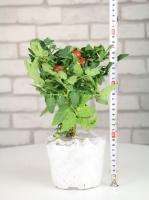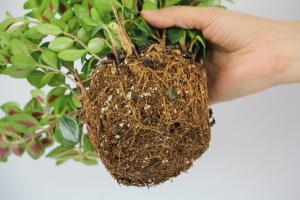What Is a Plant-Based Diet?
A plant-based diet is a diet that focuses on whole, minimally processed foods that come from plants, such as vegetables, fruits, whole grains, and legumes. It can provide all the nutrients your body needs, including protein.
Why Protein Is Important
Protein is an essential nutrient that our bodies need to function properly. It is important for muscle growth and repair, as well as for maintaining a healthy immune system and producing enzymes and hormones. While some people believe that animal products are the only source of protein, there are many plant-based foods that contain high amounts of this nutrient.
Plant-Based Protein Sources
Here are some plant-based foods that are high in protein:
Legumes: Lentils, chickpeas, and beans are all excellent sources of protein. One cup of cooked lentils, for example, contains about 18 grams of protein.
Nuts and seeds: Almonds, cashews, and pumpkin seeds are all high in protein. A quarter cup of almonds contains about 7 grams of protein.
Whole grains: Quinoa, brown rice, and oats are good sources of protein. One cup of cooked quinoa contains about 8 grams of protein.
Tofu and tempeh: These soy-based products are versatile and high in protein. One cup of cooked tofu contains about 20 grams of protein.
Vegetables: Some vegetables, such as spinach, broccoli, and Brussels sprouts, are surprisingly high in protein. One cup of cooked spinach contains about 5 grams of protein.
Meal Planning Tips
Here are some tips for getting enough protein on a plant-based diet:
Incorporate a variety of protein sources: Eating a variety of plant-based protein sources can help ensure that you are getting all the essential amino acids your body needs.
Plan your meals: Plan your meals in advance to make sure that you are getting enough protein. You can also use a food tracking app to track your protein intake and make adjustments as needed.
Don't forget about snacks: Snacks can be a great way to boost your protein intake. Try munching on raw nuts or edamame for a protein-packed snack.
Consider protein supplements: If you are having trouble getting enough protein from food alone, consider adding a plant-based protein shake or powder to your diet.
Final Thoughts
A plant-based diet can provide all the nutrients your body needs, including protein. By incorporating a variety of plant-based protein sources and planning your meals in advance, you can easily meet your protein needs without relying on animal products.

 how many times do yo...
how many times do yo... how many planted tre...
how many planted tre... how many pine trees ...
how many pine trees ... how many pecan trees...
how many pecan trees... how many plants comp...
how many plants comp... how many plants can ...
how many plants can ... how many plants and ...
how many plants and ... how many pepper plan...
how many pepper plan...































